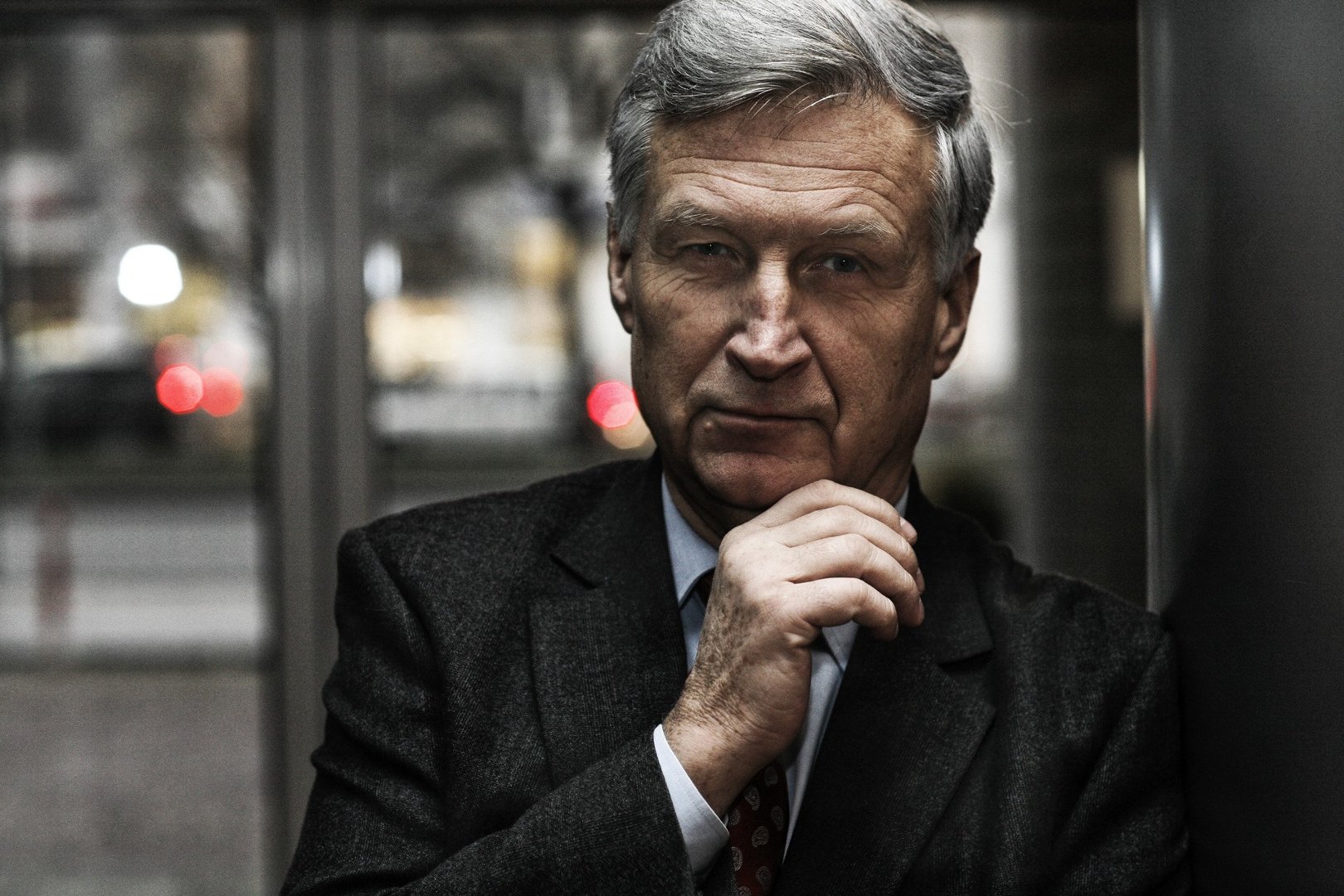In mid-February, there was a desire to begin a correction on Wall Street and the Warsaw Stock Exchange (GPW), but the situation changed dramatically afterwards. The correction was ended by the publication of Nvidia’s report on February 21st, a leading manufacturer of integrated circuits used by artificial intelligence (AI). This single company brought up the prices of many large firms.
February, which is typically one of the worst months of the year, did not confirm this statistic this time. In the US, as Bloomberg reports, the market was primarily attacked by the so-called casino crowd, meaning a crowd treating the stock exchange like a casino. Citigroup analysts claim that those betting on rising indices are the most numerous in three years. The CNN index, which shows sentiments ranging from extreme greed to extreme fear, is still in the “extreme greed” field or close to it.
All of this looked strange. It was clear that the market was ready for a correction. But the problem is, as major news agencies report, that the bull market scared off the bear camp. It usually plays on index drops, but this time fears a strong commitment to the downside of the markets.
In the commodities market, gold envied bitcoin’s increases. It slowly grew more expensive, but overcame resistance at the level of $2070, shooting above $2100. If we forget about the strange and temporary price spike from December 4, 2023, it can safely be said that gold prices set records in February.
In the currency market, not much changed in February. After an initial strengthening of the dollar (and weakening of the zloty), the second half of February brought a turnaround and the whole month ended virtually neutral. There was no significant effect of the fact that the European Commission unblocked the Cohesion Policy and cohesion funds (totally nearly 140 billion euros). This fact had long been factored into the markets. However, there’s no doubt that a strong zloty will stay with us for a while.
Returning to fundamentals, China’s economy continued to struggle. The real estate market- and big problems with developers- still weighed heavily. It was so bad that investment bank Goldman Sachs wrote plainly: don’t invest in China. On Tuesday, March 5th, the Chinese parliament meeting began, from which came mixed signals. On the one hand, there were positives (e.g., the announcement of maintaining a five percent GDP growth in 2024), but there was no promise of massive government support for the economy, which the markets are demanding.
Sentiments around China, are, in my opinion, at rock bottom, from which they can bounce back. After 2023, when – contrary to trends on other stock exchanges – indices in this country were falling, 2024 could be much better. As Bloomberg writes, China pledged to use all resources to achieve a breakthrough in science and become a leader in AI and the production of integrated circuits. I wouldn’t underestimate China. In the race for scientific achievements, which is similar to the arms race of the 20th century, China is certainly not in a losing position.
In the US, it’s worth noting the worsening economic indicators. Retail sales, production, consumer sentiments, the sale of durable goods are weakening, and while inflation is falling, it’s not as much as was expected (Instead of 2.9 percent, we saw 3.1 percent). What’s the conclusion? There’s a risk of stagflation coming, i.e., fairly high inflation and weak economic growth.
For now, voices on this subject are very quiet and only heard on the fringes of markets. Investors are a kind of herd, which is very easy to push in one direction. They have already accepted that the Open Market Committee will lower interest rates this year not six times, as optimists expected, but only three times. For now, they’re not afraid of stagflation. If that were to happen, a real correction would occur in the markets.
Piotr Kuczyński, Member of the Polish Economic Society, DI Xelion
